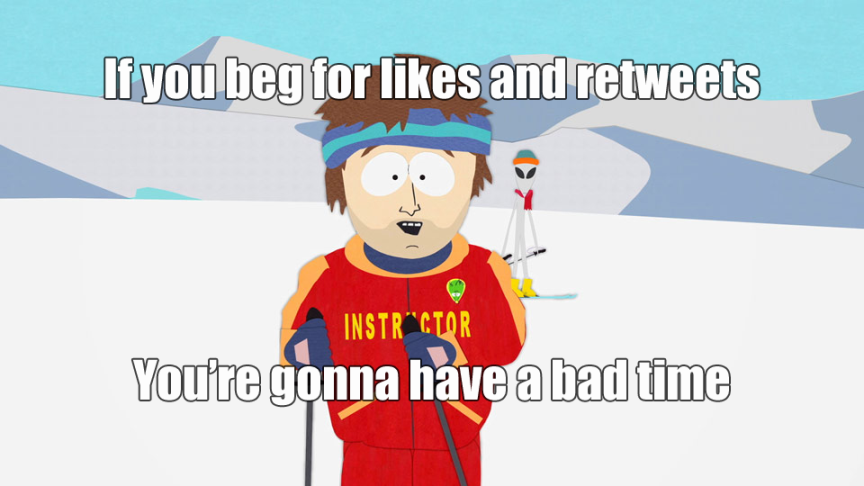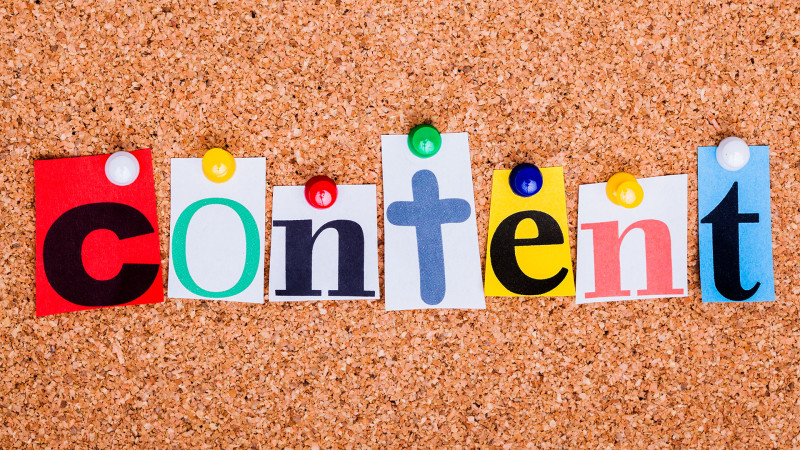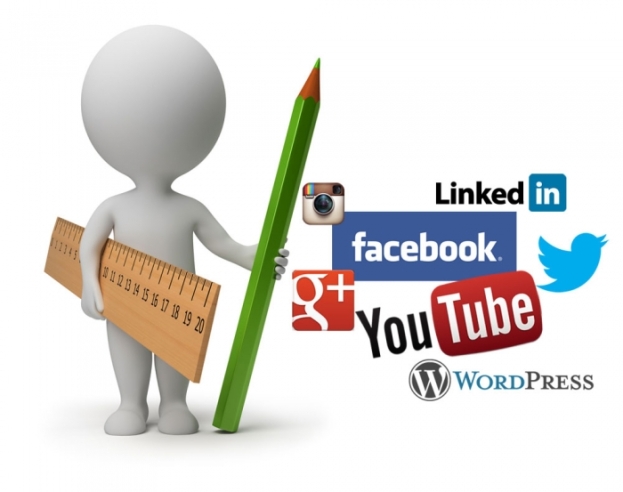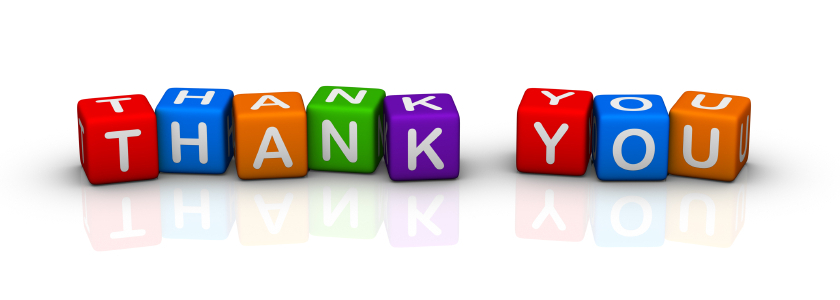Is Social Media the New Silent Killer?
Over time, I have talked to you all about how different social media platforms can be beneficial to you and your organization, but the main factor is figuring out how social media can be beneficial to your audience. After all, they are the ones who determine the success of your organization.
You will find that on your different social media platforms, you will have people who will constantly favorite and like things, sometimes without even reading what you post. They’ll just like things while “scrolling” through the site, and some may think this is a good thing, but is it really? Do you want that type of interaction on your site?
The image below gives a few reasons as to why people use social media. In the section after, you will learn why social media is becoming harmful to its users.

Is social media really that harmful?
I know you’re probably thinking to yourself that using social media can’t be that bad, think again. Let’s look at some facts. Medical News Today has suggested that using Facebook maybe cause users to have increase anxiety and they may feel inadequate.
Here are some other effects that the use of Facebook and social media in general may have on users:
- Addiction – recent studies have shown that 60% of users log onto Facebook daily, while 43% log on multiple times a day.
- Cyber-bullying/ Eating Disorders – USA Today wrote an article about a young lady by the name of Donna who refuses to get a Facebook or Instagram account to protect herself. She suffered from bulimia from 12-25.
- Psychological/Mental Health Issues – Medical News Today suggests that people tend to feel badly about themselves when they see others posting about their accomplishments.
It’s obvious that social media is changing the face of how people think about themselves and what they view as healthy.

Narcissism
Another major effect that social media has on individuals is narcissism. First what is it? Narcissism is defined as excessive or erotic interest in oneself and one’s physical appearance. I know the million dollar question you’re going to ask, how does this pertain to me?
In other words, getting likes and favorites is something we all enjoy, it makes us feel great, but it is really putting a strain on relationships. Yet, we tend to keep those “friends” on our pages just so that we can get the social media attention we want.

Why should your healthcare organization care about the audience?
Social media is rapidly becoming a platform that is becoming demeaning to people. Whether it deals with beauty, health, or race, people are starting to believe the hype that comes along with social media.
As a healthcare professional, you should reassure your audience that you care about them and their well being. Show them that no matter what social media says, they should not believe the hype. If you do nothing else, be a helping hand to them.
Glamour Magazine is known for telling its audience the real on social media and how it greatly affects people. In the photo below, actor, Wentworth Miller addressed the issue about his weight which led to him being depressed in his earlier life that was posted on a Facebook page.
Most people think that women are the only ones to deal with weight issues and depression, but men deal with it as well and to see Miller talk about how it affected him, but how he does not plan to let it keep him down is power within itself.
Remember…
If you do nothing else, just make sure to keep your healthcare organization aware of how they can be a helping hand to those who may be dealing with cyber-bullying, eating disorders, addiction to social media, and mental health issues. Now go, start spreading the word of how too much social media can be a bad thing.











